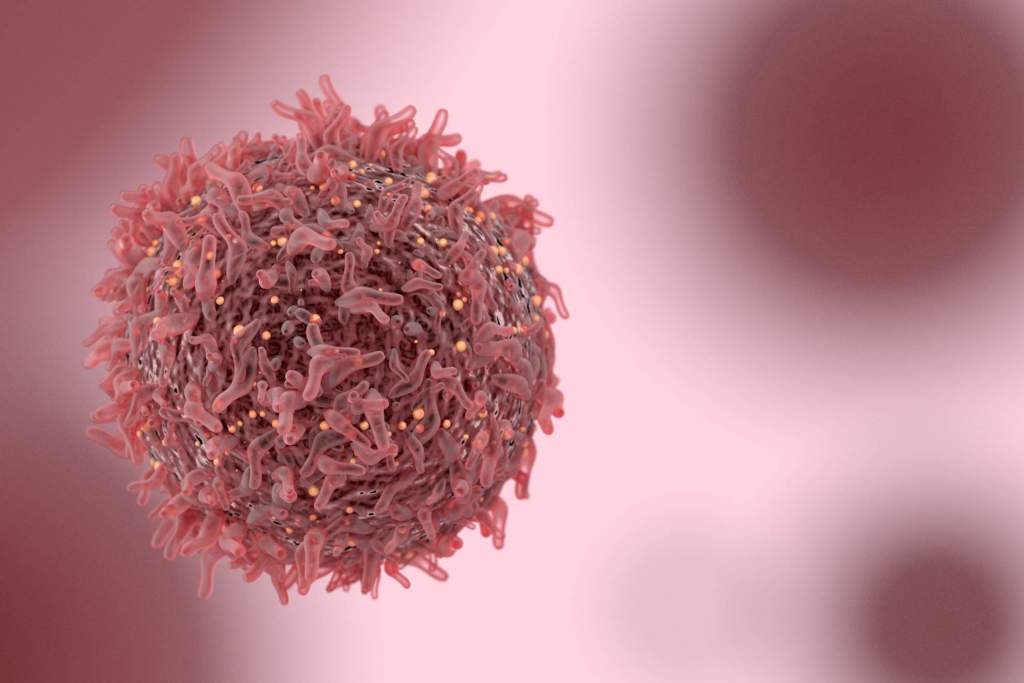Cushing’s Tumor
Cushing’s syndrome occurs when your body is constantly exposed to as high level of the steroid hormone cortisol. The most common cause of Cushing’s syndrome is use of glucocorticoids. While rare, Cushing’s syndrome can be caused by tumors on your adrenal, pituitary or endocrine glands. These tumors create an excess of cortisol in your body that develops into Cushing’s syndrome.
Adrenal Tumors
Your adrenal glands are responsible for regulating your stress response by making the hormones like cortisol and adrenaline. Adrenal tumors release extra cortisol into your body. These tumors can be benign or cancerous. Adrenal tumors are rare. While they are found in patients of all ages, they are more common in adults. Women are more likely to get adrenal tumors than men.
Endrocrine Tumors
Some patients inherit a tendency to develop tumors on their endocrine glands. The endocrine glands regulate the release of hormones into the bloodstream. Tumors on the endocrine gland interfere with the release of the hormone cortisol. Unregulated amounts of cortisol can build up in your tissues causing Cushing’s syndrome.
Pituitary Tumors
After glucocorticoids, pituitary tumors are the next most common cause of Cushing’s syndrome. Your pituitary glands produce hormones that regulate your adrenal glands. These tumors are not always cancerous. Pituitary tumors disrupt the production of hormones that control your cortisol production. This can create an excess of cortisol in your body tissue. This form of Cushing’s syndrome is called Cushing’s disease and is five times more common in women than in men.
Symptoms
Common symptoms of Cushing’s syndrome due to tumors include excess body hair, osteoporosis, weakness, extreme fatigue, depression, headaches, anxiety, high blood pressure, upper body obesity, weight gain in the face and skin changes like acne, infections and bruising. Men may experience breast development and impotence. Women may experience irregular periods or the stopping of menstruation.
Treatment
Cushing’s syndrome due to non-cancerous tumors are often treated with surgery to remove the tumor. Surgery is commonly followed by glucorticoid replacement therapy for nine months to one year. Usually surgery is not an option for cancerous tumors. If surgery is performed, it may not cure the cancer. Radiation therapy is usually not recommended for non-cancerous tumors and has not proven effective on cancerous tumors. If surgery is not an option, your doctor may prescribe a medication to help stop the release of cortisol.






